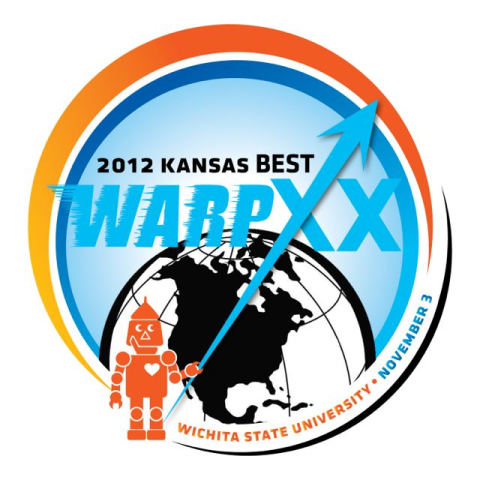
Hours before your Cargo Ship arrives at an equatorial island in the Pacific Ocean, you can see a thin, bright, vertical line bisecting the sky. As the ship draws closer, you see that the base of the line terminates at a large building that occupies much of the island. Your gaze follows the bright line from the building upward, but you cannot see its far end. The line is a ribbon of super-strong carbon nanotube grown around an unobtainium monocrystalline structure, and it stretches from this equatorial island up to the anchor asteroid in geosynchronous orbit 62,000 miles above you.
Often hailed as the eighth wonder of the modern world, the Space Elevator is the premiere low-cost solution for lifting cargo out of Earth's gravity well. It will expand lunar colonization, exobiological exploration, and asteroid mining. It has already spawned many new industries, and competition for SE contracts is fierce.
The first stop on the Space Elevator is Midway Station, located just above the atmosphere, but well below geosynchronous orbit. Midway Station is a cargo transfer depot, solar power station, and a home away from home for the Space Elevator supervising engineers. The Space Elevator program needs unmanned robotic vehicles for routine cargo delivery, as well as additional Station expansion and construction.
The Defense Advanced Research Projects Agency (DARPA) has published a request for proposal (RFP) for the production of efficient robotic lifting vehicles for the Space Elevator program. Your job is to respond to the DARPA RFP with a Technical Design development and process document (Engineering Notebook) and prototype Technical Demonstration system (Robot).
Your document and prototype system will compete with other purveyors' entries in a "fly-off" occurring six weeks from today to support a Milestone B decision. This event (Game day) will include a technical evaluation of the engineering designs and head-to-head testing on prototype tether systems.
At the Milestone B decision point, a team of judges will select a limited number of teams to pursue an accelerated Engineering Manufacturing and Development (EMD) phase. The EMD phase will last approximately three weeks, and will culminate in a follow-up evaluation and down-selection at Milestone C (regionals) where superior designs and top-performing prototypes will be awarded Limited Rate Initial Production (LRIP) contracts.
Kickoff - September 22, 2012, Heskett Center Gymnasium, Wichita State University
Mall Day - October 27, 2012 Towne East Square, Wichita, Kansas
Game Day - November 3, 2012, Charles Koch Arena, Wichita State University
Ambassadors for Christ Academy
Andale High School
Andover Central High School
Atchison High School
Campus High School
Circle High School
Council Grove High School
Derby High School
El Dorado High School
Hillsboro High School *
Hutchinson CTE
Kapaun Mt. Carmel Catholic School
Madison High School
Olathe South High School
Pike Valley High School
Remington High School *
Rose Hill High School
Salina South High School
Valley Center High School
Washburn Rural High School
Wichita High School South *
Wichita High School Southeast
Wichita High School West
Wichita Homeschool
BEST Award:
1st Place Wichita Home School
2nd Place Circle High School
3rd Place Kapaun Mt. Carmel High School
4th Place Council Grove High School
Game Award:
1st Place Wichita Home School
2nd Place Ambassadors for Christ
3rd Place Circle High School
4th Place Valley Center High School
Special Awards:
Boeing "Creativity" Award
1st Place Ambassadors for Christ
2nd Place Circle High School
3rd Place Wichita Homeschool
Spirit AeroSystems "Most Robust Design" Award
1st Place Circle High School
Cessna Aircraft "Teamwork" Award
1st Place Campus High School
2nd Place (Tie) Circle High School, Council Grove High School, Salina South High School
"Sportsmanship" Award
Winner Circle High School
Runner Up Wichita Home School

